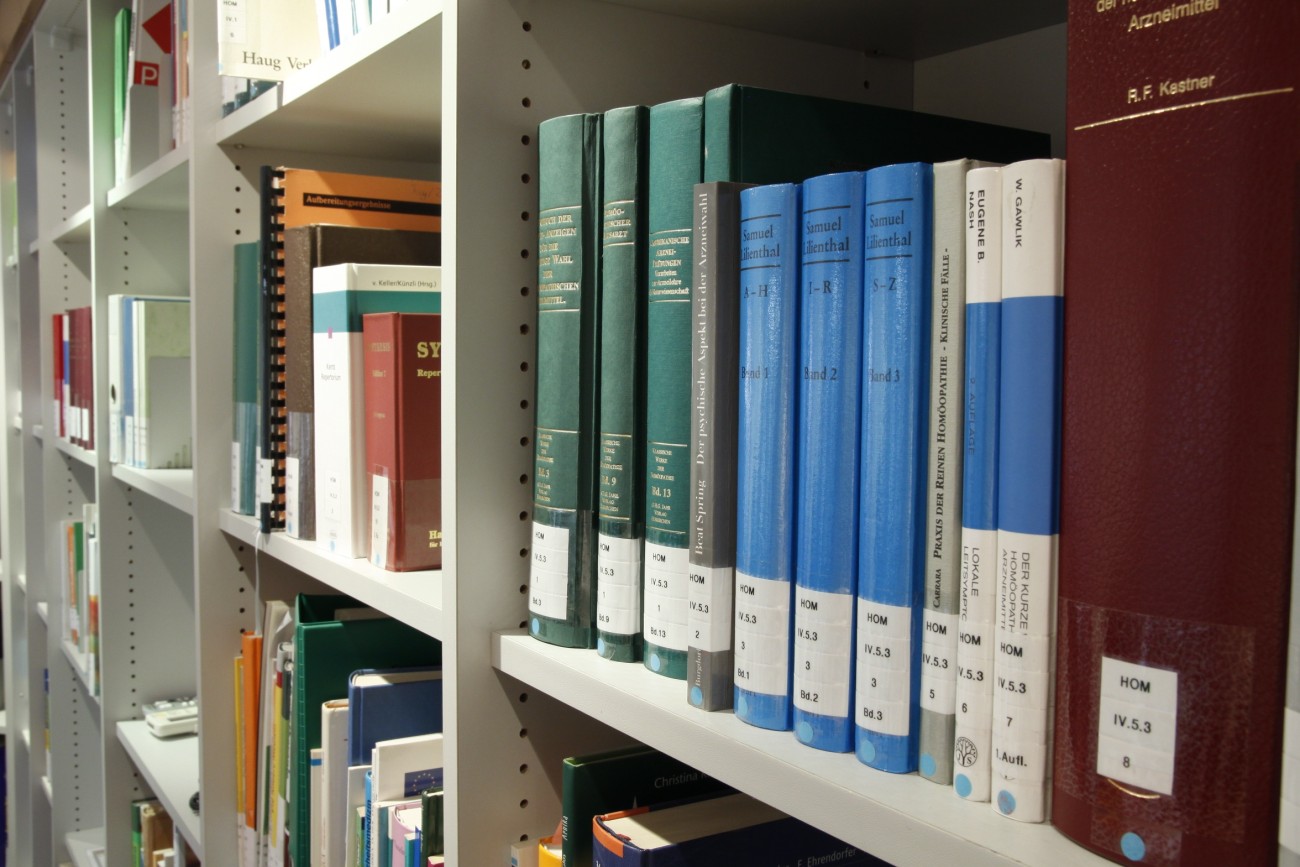The Systems Group offers various interesting BSc or MSc thesis projects in the context of active research projects and collaborations (see Research and Publications). If you plan to do a thesis in our lab, please read the following information thoroughly. Below we explain the general procedure that we expect students to adhere to when pursuing a thesis in our group. Please also note that we might not be able to accommodate all thesis requests due to capacity constraints.
Requirements
In general, it is beneficial if you have successfully attended a course, seminar or project lab offered by our group. Most students typically also get involved in our group as a TA or research assistant before applying for a thesis project. In the following we list the requirements that we expect from interested thesis students:
- Very good programming experience with preferably C++ or another high-level language like Java or Python
- Solid background in database fundamentals (e.g., you have attended our lectures IM, SDMS, and/or ADMS)
- Self-motivated and able to work independently
Please note, that certain projects might have further specific prerequisites, e.g., experience with a certain technology or concept.
Getting in Contact
If your interests and expertise match with our lab’s research activities, send an email to systems-profs@cs.tu-… with the subject “Inquiry BSc thesis” or “Inquiry MSc thesis” and include the following information:
- Your programming experience and projects you worked on
- The research area or project you are interested in
- Any other information you think might strengthen your request
We will then review your information and schedule an appointment with you to discuss further details.
Thesis Proposal
Once we agree on a topic for your thesis and before you officially register for a thesis, we will ask you to write a short thesis proposal. The proposal helps you to get a clearer vision of your thesis project and helps us to assess your approach to scientific research and your scientific writing skills. The proposal should be about 3-4 pages long and should include the following information
- Context of your project and research
- Problem statement(s)
- Objectives and planned steps
- Related work
- Initial results (e.g., evaluations of existing baselines, identification of bottlenecks, etc.)
Your initial results are important for us in this context since most of our thesis project involve significant implementation and engineering efforts. Especially for the related work, it is important that you get a good overview early on in your thesis project; of course, your advisor will give you some starting points. Most of the time, the content of your proposal becomes an integral part of the introductory chapter of your thesis, so there is no time and effort wasted. The proposal needs to be submitted to your advisor on schedule as agreed with him. Your advisor will give you feedback about the proposal and coordinate the next steps. Occasionally, we also ask students to give a 10-15 minutes presentation of their thesis proposal in front of the members of our group in order to get further ideas, comments, suggestions, and pointers on their thesis.
Official Registration
In agreement with your advisor, after you have submitted a proposal of good quality, you plan for an official start date of the thesis. For this, please fill out the form suitable for your program of study and send it to your thesis advisor.
Thesis Research and Advising
In general, we expect an independent and self-motivated attitude from both Bachelor and Master students. For example, after submitting the registration form it is your responsibility to schedule the further steps with your advisor (please do not expect us to inquire about the thesis – if we have to ask about your progress, this is a good indication that you are falling behind schedule). In general we recommend setting up bi-weekly meetings with your advisor (and additional on-demand meetings if required). Since your thesis is ultimately your own work on the agreed upon topic, these meetings should serve to answer questions and discuss how to proceed based on your deliberations, findings, and input – don't expect to simply be told what to do next. Prior to meetings, it is thus important that you inform your advisor about the topics that you want to discuss, for example, a sample section of your thesis you have written and you want to discuss. This helps your advisor to prepare for an efficient meeting and it helps you to structure your questions. While Bachelor students can expect more guidance and input (e.g. on approaches and concepts) from their advisor, Master students are expected to independently drive their thesis research.
For writing your thesis you are required to use LaTeX as it is the scientific standard in computer science. We will provide you with a LaTeX template which you can improve if necessary (within reason). You are also encouraged to write your thesis in English. In the past, we had several students who did excellent work in their thesis that could subsequently be published at international conferences and workshops, where the language, of course, is English. In fact, we prefer a thesis written in English, as this is the language used in IT, Computer Science and most research.
It is your responsibility to ensure that your thesis meets the requirements of a scientific paper. Carefully review the information provided on the university's websites (e.g., in the online writing lab).
Helpful guidelines for writing can be found at many places, we suggest to have a look at the following resources:
- Tips for Writing Technical Papers, Stanford InfoLab, Jennifer Wisdom
- Hints on grammar and style from DB group at University Heidelberg
- Some easy, purely syntactic hints on writing good research papers (from Prof. Felix Naumann)
- Dos and don'ts, Universität Heidelberg, Prof. Dr. Anette Frank (german) (opens in new tab)
- Leitfaden zur Abfassung wissenschaftlicher Arbeiten, Ruhr-Universität Bochum, Katarina Klein (german) (opens in new tab)
- Leitfaden zur Abfassung wissenschaftlicher Arbeiten, TU Dresden, Maria Lieber (german) (opens in new tab)
- Leitfaden zur Abfassung wissenschaftlicher Arbeiten, Hochschule Mannheim, Thomas Smits (german) (opens in new tab)
We encourage you to look at good BSc/MSc thesis from your fellow students. Also, we will be happy to point you to good theses done in our group in the past.
Thesis Presentation
Once you have submitted your thesis, together with your advisor, you schedule the presentation of your thesis. Sometimes it might also be beneficial to schedule your presentation before submitting your thesis in order to incorporate results from discussion and comments into your final write-up. Please reach out to your advisor to coordinate the date, time and location for your presentation in time. Note that the presentation is open to the public and will be announced within our group.
You have about 20 minutes time for the presentation, followed by 5 – 10 minutes of questions. Please keep in mind that the audience partially consists of people who are not very familiar with your research. Thus, make sure to clearly state the problem setting and objectives of your research. Please make sure that your presentation is adequate for a scientific talk (e.g., do not use fancy animations or overly distracting colour schemes, include slide numbers for a better discussion after the talk, etc.).
Please note that your presentation is an important part of your overall grade. Hence, make sure to rehearse and prepare your presentation well in advance. Feel free to send drafts of your presentation to your advisor and to ask for feedback on your presentation.



